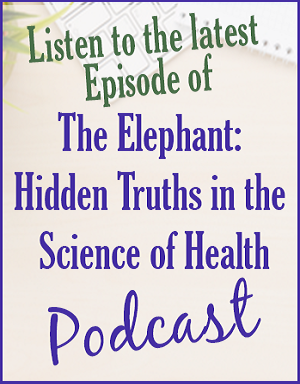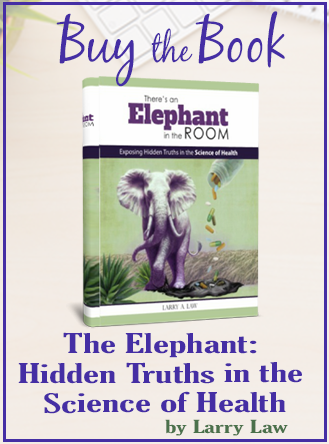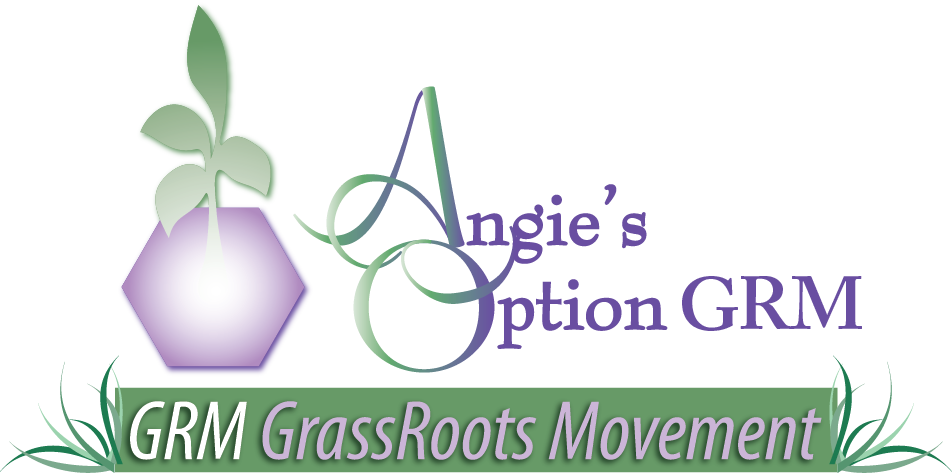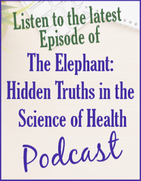Larry A. Law
7 Kidney Problems
Staying hydrated is one of the most important things you can do for your kidneys. Using the bathroom regularly is very important because waste products and toxic chemicals can only be eliminated from the urine, bowels and skin. One to two liters (4 to 8 cups) a day is the normal amount of urine eliminated by a healthy, hydrated person. If the kidneys are damaged by disease or other external factors, toxins and excess fluid will build up in the bloodstream. Over time, the kidneys' condition can deteriorate to the point that dialysis treatment is required. Here are seven things that seriously impact kidney function: 1) Diabetes is the leading cause of end-stage renal (kidney) disease. If blood sugar (glucose) is not kept in check, it can lead to diabetic nephropathy, which means kidney failure and dialysis. 2) Calcification (calcium deposits) and high blood pressure damage the tiny capillaries inside the kidney where the filtering job is performed. Avoid taking inorganic calcium supplements (calcium carbonate and calcium citrate). Make sure calcium is plant-based (see chapter 6 in my book). 3) Kidney diseases like chronic nephritis and kidney stones (calcification) are extremely damaging to the kidneys. Kidney edema can result if kidney stones are not promptly removed. 4) Gout or severe arthritis can result from uric acid crystals forming in the joints inside the body and cause damage to the kidney. 5) Drug or substance abuse can damage kidneys. If taken in excess, painkillers like acetaminophen (Tylenol) and non-steroidal anti-inflammatory drugs (NSAIDS) are severely damaging. 6) Phosphate is a legal additive in processed foods, but excess consumption will disrupt hormones that regulate calcium, vitamin D, and phosphate levels in the bloodstream. This can lead to mineral metabolism disorders, vascular calcification, renal tubular damage, and impaired kidney function. The amount of phosphate consumed in the United States is at the maximum tolerable intake because of additives in processed foods. 7) Ingesting heavy metals like cadmium, mercury, and lead go straight to the kidneys where they tend to stay rather than being excreted. Cigarettes contain cadmium. Nicotine causes blood vessels to contract and increases blood pressure, both of which restrict blood flow in the kidneys resulting in lower filtration rates. Heavy smokers and drinkers are 5 times more likely to develop chronic kidney disease (CKD). Melamine is a chemical found in plastic tupperware and is used as an insulating material, but it is a toxic chemical for the kidneys. Most is excreted in the urine but remnants can remain, impairing kidney function.
Protecting Your Kidneys
The kidney is a silent organ and early stages of kidney disease normally show no symptoms. 1) Drinking enough water helps the kidneys remove water-soluble toxins from the body and prevent kidney stones. A healthy urine flow should be slightly yellow in color. If the urine turns dark, you are not drinking enough. Some people use tea and coffee instead of water but that places an increased burden on the kidneys to filter. Sticking with water is the safest choice. However, the many excellent herbal teas available can be a healthy choice if you'd like to infuse 'good food' herbs into your water. Just be sure your herbal teas are organic with no herbicides, pesticides or fungicides. Knowing the growers and their farming practices is best for ensuring you're infusing what's helpful and not harmful. 2) Eating healthy organic fruits and vegetables, free-range eggs, white meat (chicken and fish raised and fed properly), and turmeric can also support your kidneys. 3) Potassium and magnesium help balance calcium and remove excess sodium from the body. Sodium regulates blood pressure and reduces the strain on the capillaries in the kidney. 4) Antioxidants like whole vitamin C complex, vitamin E, quercetin, flavonoids and proanthocyanidins (found in grapes, cranberries, strawberries, etc.), zinc, and sugar nutrients help immune system function by reducing inflammation. For more information on ways to strengthen your immune system, see my book, There's An Elephant in the Room—Exposing Hidden Truths in the Science of Health.
0 Comments
Leave a Reply. |
BlogArchives
July 2024
Categories
All
|
© Angie's Option GRM. All rights reserved.








 RSS Feed
RSS Feed

